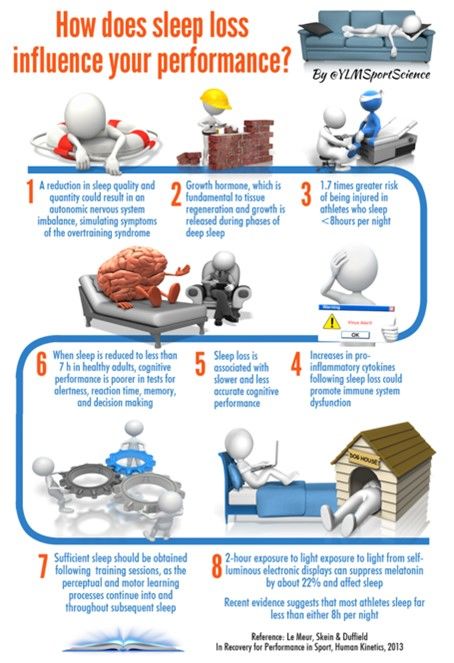Patients often ask what they can be doing better to help heal, prevent an injury from happening or enhance their performance. Apart from being diligent with their rehab exercises (we know when you haven't!), the answer is simple: prioritising your recovery.
Recovery is the most important part of any training or exercise program, and only becomes more important as we get older. The three major factors in your recovery are:
- Sleep
- Nutrition
- and Hydration
with influence from mental fatigue/stress levels, alcohol intake and methods of warm up and cool down. These factors can be manipulated and nurtured to have a positive or negative effect on your recovery.
Let's break it down over the next couple of blogs to discuss how you can improve your recovery to maximise your performance and health!
SLEEP
Sleep is a fundamental homeostatic phenomenon that allows for a lot of healing processes to occur at the cellular and metabolic level. We use this time to replenish our tissue energy stores and hormonal balance. If sleep is disturbed or you have insufficient levels of sleep (sleep debt), this can lead to damaging effects on multiple body systems. The consequences can include:
- Increase in the "stress" hormone cortisol. This reduces testosterone production, which lowers muscle production and recovery
- Increase in pro-inflammatory hormones which prolong inflammation and promote immune system dysfunction
- Reduces production of growth hormone - which is important in tissue growth and muscle repair. It is important to note that growth hormone is released when you enter a deep sleep (REM) state.
- Decreases cognitive performance and alertness, affecting memory and poor decision making
- Decreases balance and postural control, leading to poor technique and performance, heightening risk of injury or falls
How to improve your quality of sleep: sleep hygiene tips
- Environment: quiet, darkened rooms with no light sources. If you can't control this, try using earplugs and eye masks. The ideal temperature for sleep is 18C.
- Set up a sleep routine: create a set of habits to run through the night to help you unwind and set up for sleep. Perform this about 30-60 minutes before you intend to sleep. This can include: reading, a warm bath, journalling - any activity that you enjoy that is not alerting (see if you can avoid your phone!).
- Time: set a regular time to go to bed and wake up - every single day! It is important to sync your body's natural circadian rhythm
- Avoid stimulants such as: caffeine, nicotine, alcohol or sugar leading up to sleep
- Avoid using devices: blue light from phones, computers, tablets and TVs can reduce the release of melatonin, your body's natural sleep-inducing hormone. Try to change your light settings to display less blue light or wear blue light glasses.
- Exercise regularly: exercise is the wonder drug. Physical activity improves sleep quality, sleep duration, and helps to decrease stress, control your mood and improve your energy levels.
- Get a massage. Helps to improve sleep and leads to relaxation.
- Try meditation or mindfulness: and deep breathing exercises. This will help get your stress under control.
- Avoid napping: or keep it to <30 minutes, earlier in the day.
- Supplements: magnesium is a muscle relaxant which also helps improve insomnia and sleep efficiency.

